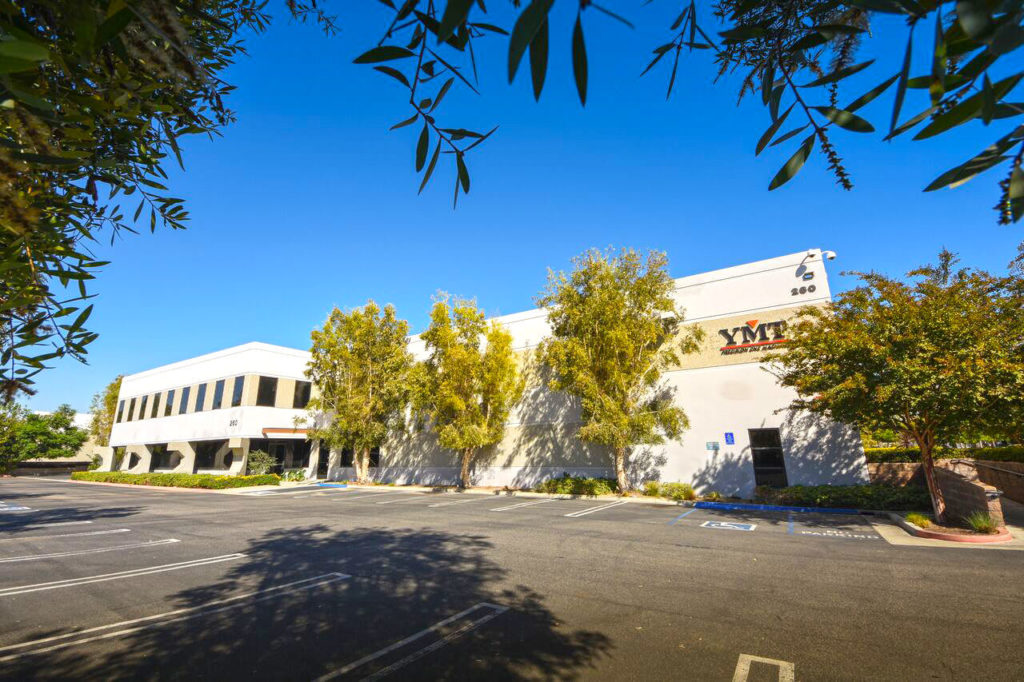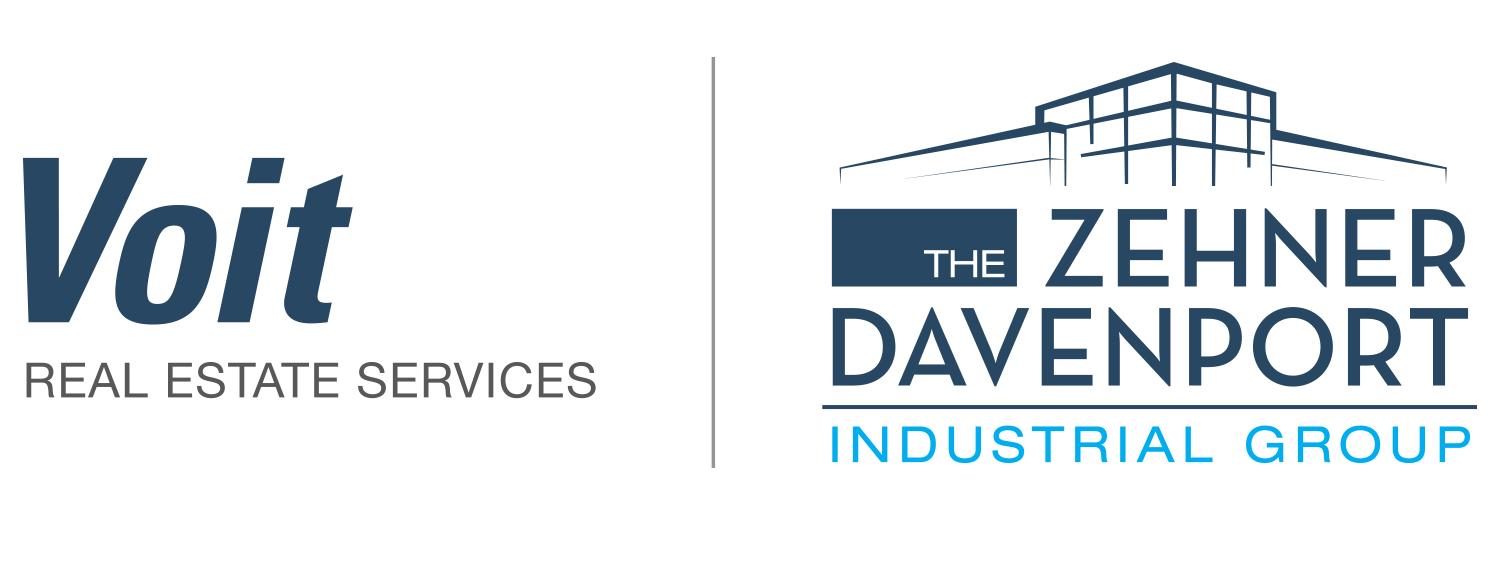Unsure of how the 2018 changes to the tax law will impact you as a commercial property owner? Here’s two ways you stand to benefit.
Over the past several months, many of our blog posts have been focused on tax reform.
First considered a long shot due to polarized politics in Washington, the Tax Cut and Jobs Act became a reality in December and it exceeds expectations in many ways. Corporate tax rates have been slashed to make the US more competitive in the global economy.
Pass-through entities got a major break and individual marginal tax rates were lowered while the individual standard deduction and child tax credits were doubled.
Details are still trickling in and there are rules to be written to help the IRS and the accountants apply the law as intended. We will keep an eye on that as we go forward and report back as we learn more.

In this post, we take our first look at changes to the law that will directly benefit the owners of commercial real estate. The following is meant to encourage you to have a conversation with your tax experts and should not be construed as tax advice. However, we are issuing a spoiler alert…it’s all good news.
While the headlines have been dominated by cuts for C-corporations and pass-through entities, it’s the new rules regarding the expensing and depreciation of capital expenditures that may mean the most to property owners.
#1 – Capital Expenditure Write-Offs
Simply put, most capital expenditures on items with a designated economic life of 15 years or less can be written off in their entirety in the year they are placed in service.
That includes ‘Qualified Improvement Property’, a new designation, which includes improvements made to the interior of a structure pursuant to a lease.
In a word, this is HUGE.

It means that when the owner of a building has to spend $100,000 on improvements to secure a new tenant, he can now use a 15-year economic life (rather than 39 years under the old law), but then take 100% bonus depreciation and effectively write off the entire amount in the year the improvements are placed into service.
That’s the kind of math property owners are going to like. It does sound too good to be true and we all know what that usually means.
![]()
But, the only thing that makes that old adage true in this case is the fact that the new bonus depreciation rules phase out over 4 years beginning in 2023.
#2 – Changes to Section 179
The new law also raises the maximum threshold of the popular Section 179 deduction and now includes ‘qualified real property’ such as roofs, HVAC equipment, fire protection and alarm systems, as well as security systems.
That is another HUGE deals especially for owners saddled with items of deferred maintenance. The high cost of those items can now be immediately expensed in the year the new components are put into service. However, Section 179 still cannot be used to create operating losses.

Your accountant can tell you more about that than we can. Even so, we think roofing contractors are going to get real busy when the word on this becomes generally known.
These two new rules alone will impact virtually every sale and lease going forward…in a good way.
What’s not to like about keeping more of your own money? Much more to come. Tune in again next week and we will look at the impact of the new law on tenants. The news is every bit as good.


Leave a Reply
You must be logged in to post a comment.